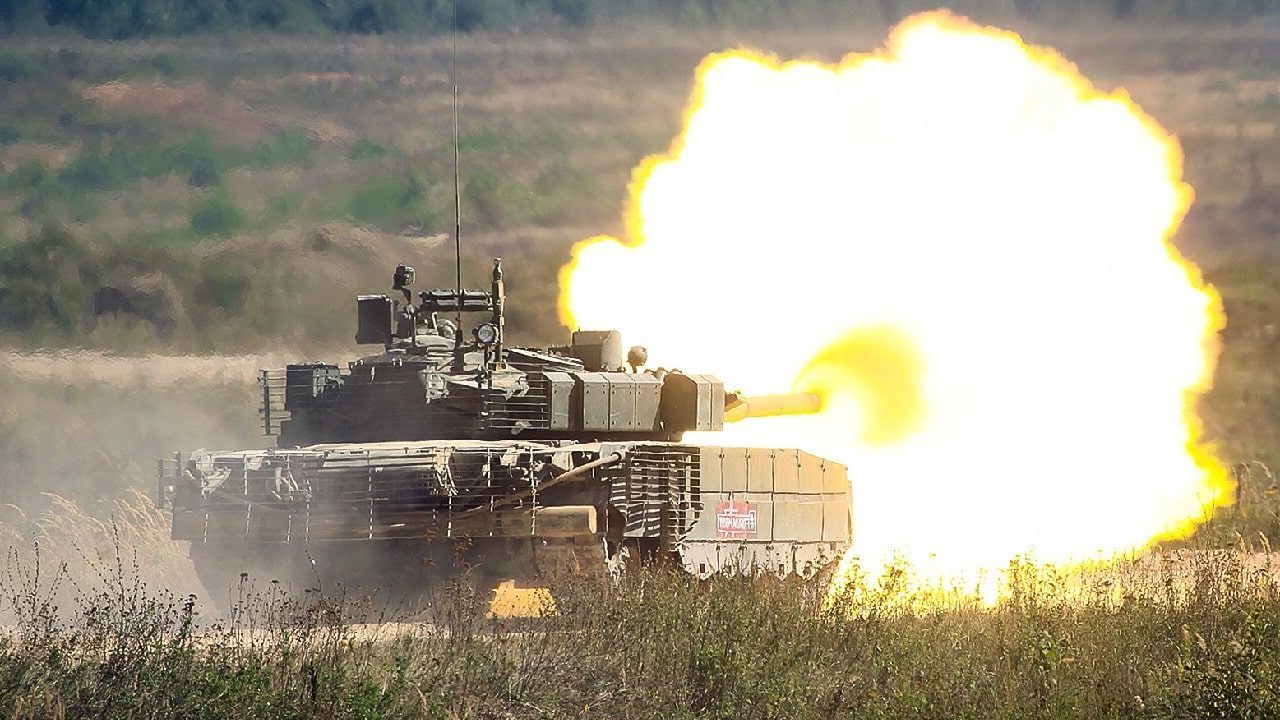Has it all been for naught? Have the financial sanctions that the United States and the West have levied upon Russia had any noticeable coercive effect on the Kremlin? If not, we might have to revisit the idea that “weaponized interdependence” gives the United States and its allies certain critical competitive advantages, at least to explain why Russia has managed thus far to escape the worst effects of ostracization.
This is the last in our five-part series on the economic war between Russia and the West; the first four can be found here, here, here, and here.
Evaluation
The question of how to best use the finance domain to undercut Russian power essentially boils down to this: To what extent can the United States and its allies use financial tools to undercut Russia’s capacity to wage war? Let’s begin with what financial tools have not done. Financial sanctions have not frozen the Russian economy nor have they prevented Russia from exporting energy. Financial sanctions have not brought the Russian defense industry to a standstill, although they have had a part in making it difficult for Russia to source some components internationally. Financial sanctions have not forced Russia to abandon the war, or seriously undercut Russia’s ability to pay for the conflict. Moreover, the finance campaign – along with the war itself and the trade and economic sanctions – has disrupted global flows of goods and capital and helped drive up inflation around the world.
However, we should hesitate before concluding that U.S. financial tools have had no impact. Financial sanctions have cut a huge slice out of Russia’s international assets. Russia may never have access to those assets again, and the ability of Russia to hold money abroad has been sharply curtailed. Russian imports and exports have dropped substantially, if not all the way to zero. Wealthy Russian citizens have lost control of the assets they hold abroad. Long-term, projections of the growth of the Russian economy have become grim. These things have not had an immediate impact, but they have made Russia uncomfortable and will continue to do so for some time. They may eventually curtail domestic support for the Putin regime, and they could make it harder for Russia to make mischief in the future.
Part of the issue is that Russia is important and big, important countries can’t simply be cut off. Some comparisons may be useful. North Korea represented around .01 percent of world trade in the 2000s when it began to get hit with severe financial sanctions. Iran was at .1 percent – .2 percent before the latest round of sanctions. Both were effectively cut off from the financial commons with little collateral damage – although Iran’s sequestration certainly affected energy prices– and while neither has collapsed, they are not generally regarded as economic dynamos.
The Russian economy, which accounts for between 1-2 percent of global trade, is suffering from financial sanctions but with considerable secondary effects on inflation and global trade flows. At something close to the “Russia Standard,” financial sanctions start to hurt everyone, including the states that launch them. Consider that in 1914 Germany’s 9.3 percent share of global trade was enough to deter the British from a declaration of total financial war out of concern that heavy sanctions would wreak global financial devastation. It’s worth noting in this context that the People’s Republic of China represents around 15 percent of world trade, making financial war an exceedingly touchy prospect to contemplate.
What Next?
The finance domain is a useful concept for thinking about international competition. Finance has not (yet) won the West’s proxy war against Russia, but it has offered a set of tools for inflicting damage on Russia and for keeping the Ukrainian war effort viable. And as Richard Oscar argues, the fact that so many countries have joined the sanctions regime has required those countries to develop the administrative capacity to execute the sanctions, meaning that future efforts may become even more lethal. The problem down the road, however, may not be that the tools are insufficiently lethal; it may be that punishing the targets (Russia, China, or whatever other country the United States decides to squash in the future) becomes too dangerous for the United States and its partners.
Dr. Robert Farley has taught security and diplomacy courses at the Patterson School since 2005. He received his BS from the University of Oregon in 1997, and his Ph. D. from the University of Washington in 2004. Dr. Farley is the author of Grounded: The Case for Abolishing the United States Air Force (University Press of Kentucky, 2014), the Battleship Book (Wildside, 2016), Patents for Power: Intellectual Property Law and the Diffusion of Military Technology (University of Chicago, 2020), and most recently Waging War with Gold: National Security and the Finance Domain Across the Ages (Lynne Rienner, 2023). He has contributed extensively to a number of journals and magazines, including the National Interest, the Diplomat: APAC, World Politics Review, and the American Prospect. Dr. Farley is also a founder and senior editor of Lawyers, Guns and Money.

